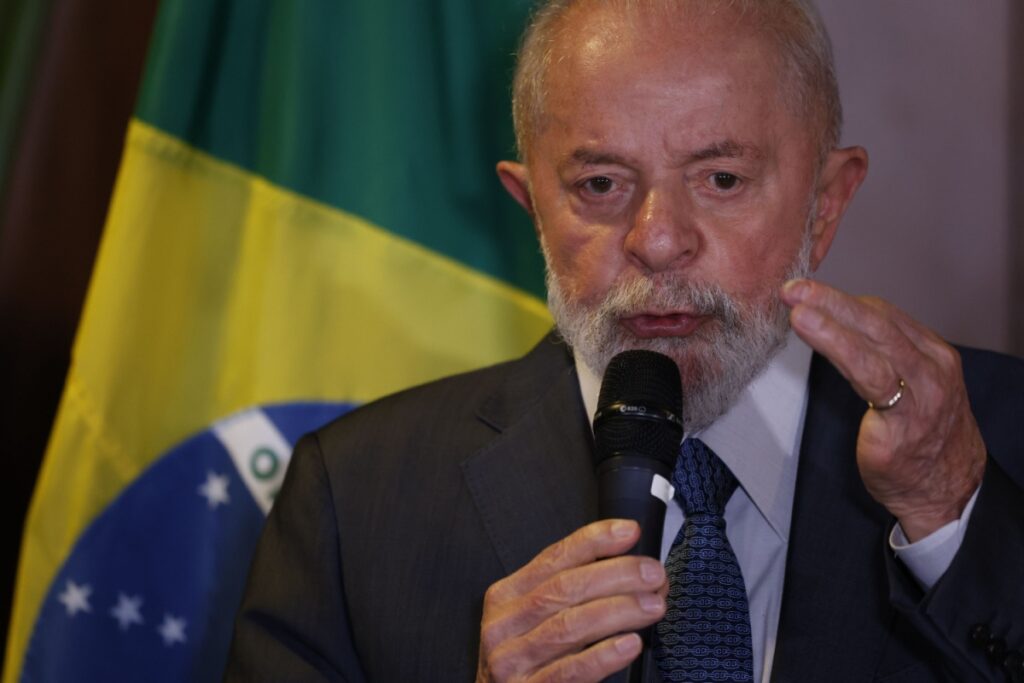Luiz Inácio Lula da Silva, the incumbent President of Brazil, publicly declared on October 23, 2025 that he will seek re-election in the 2026 presidential contest, pursuing a fourth non-consecutive term. Speaking during a state visit to Indonesia, Lula emphasised his continuing vitality, stating, “I’m turning 80, but you can be sure I have the same energy I had when I was 30.”
Presidential Declaration and Context
His declaration comes amid a diplomatic tour through Asia, including meetings in Jakarta and an upcoming visit to Malaysia for the Association of Southeast Asian Nations (ASEAN) summit. As the Brazilian constitution limits presidents to two consecutive terms, Lula’s candidacy qualifies because his earlier terms were non-consecutive.
Political Implications and Domestic Response
Lula’s announcement signals a continuation of his prominent role in Brazilian politics and positions him as a likely frontrunner in the next election cycle. Political analysts note that his decision overturns earlier intentions: prior to the 2022 election, Lula had indicated that would be his final campaign, citing his age and the need for political renewal.
Domestically, the move provokes questions about his age and health. Having recently undergone treatment for a brain haemorrhage following a fall in late 2024, Lula faces heightened scrutiny. Meanwhile, his approval ratings had fallen to a historical low of 24% back in April, according to pollster Datafolha Institute, reflecting public concerns over inflation, crime and governance despite macroeconomic growth.
On the opposition side, the field remains open but faces fragmentation. Jair Bolsonaro, the former president and running-mate, is currently barred from seeking office until 2030 due to electoral rulings and is serving a 27-year sentence related to an alleged coup-plot.Analysts suggest the right-wing may consolidate around other candidates, but none currently match Lula’s stature.
Strategic Considerations and International Dimension
Lula’s announcement also carries significant strategic weight in foreign affairs. While in Indonesia and preparing to attend the ASEAN summit in Malaysia, he is expected to meet Donald Trump for the first time since Trump imposed a 50% tariff on Brazilian exports.
The meeting underscores Lula’s pivot toward trade and diplomacy in Asia and beyond, indicating that his fourth-term bid is not only about domestic politics but also about consolidating Brazil’s global positioning.
From a domestic campaign standpoint, Lula and his party Workers’ Party (PT) appear to view his bid as a defensive move against a potential return of the far-right or political forces they deem regressive. The 2026 election campaign is therefore likely to be framed as a choice between continuity of the current administration’s agenda and the restoration of right-wing governance. Given Lula’s record, the longest-serving democratically elected president in Brazil’s recent history, his decision may shape the next several years of Brazilian politics.
Election Landscape and Forward Look
The declaration sets the stage for the 2026 Brazilian general election, scheduled for October 4, 2026. With Lula formally in the race, key questions revolve around whether his support base can be revitalised, whether opposition forces can coalesce around a competitive challenger, and how external issues such as trade, inflation and public security will influence voters.
His bid also raises broader questions about leadership longevity and generational renewal in Brazilian politics. With his age and health in focus, the campaign may hinge not simply on policy but on questions of stamina and succession. The deterioration in his approval ratings implies that Lula will have to mount a robust strategy to reinvigorate his image and address voter concerns. Meanwhile, the fragmented opposition suggests that internal competition within the right and centre may determine whether Lula’s path to victory becomes smoother or more contested.
As Brazil gears toward another high-stakes presidential contest, the unfolding campaign will serve as a test of both Lula’s enduring influence and the resilience of Brazil’s democratic institutions.


